Navigating the AI Transformation Tightrope: Balancing Innovation, Regulation, and Human Capital
The artificial intelligence landscape in late 2025 presents a complex picture of immense opportunity tempered by significant operational challenges....
5 min read
 Peter Vogel
:
May 19, 2025
Peter Vogel
:
May 19, 2025
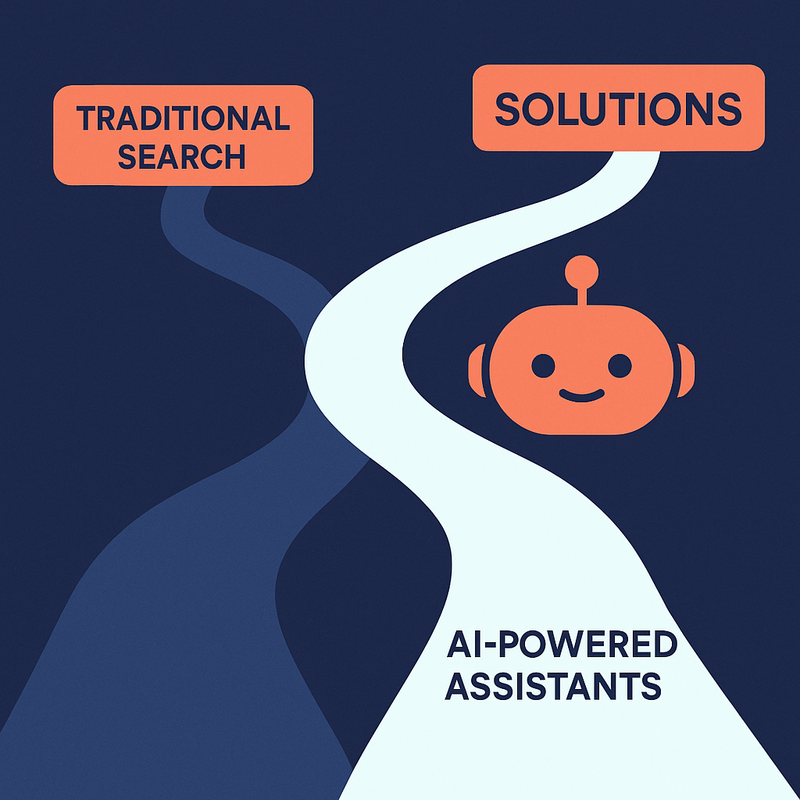
The artificial intelligence landscape continues its relentless evolution, presenting both unprecedented opportunities and complex challenges for businesses across all sectors. This week, we've observed a significant acceleration in the development and implementation of AI, ranging from autonomous coding agents capable of revolutionising software development to increasingly critical discussions around ethical governance and responsible AI adoption. These developments demand a strategic and informed approach from decision-makers seeking to leverage AI's transformative power while mitigating potential risks.
This article distils the most pertinent AI news of the week, drawing from expert analyses and synthesising them into actionable insights specifically designed for Operations/Technology Executives, Marketing Leaders, Growth-Focused CEOs, Sales Directors, and Customer Service Leaders. We'll explore how these emerging trends can be translated into tangible business benefits, addressing both the strategic vision and the practical implementation steps required for successful AI transformation.
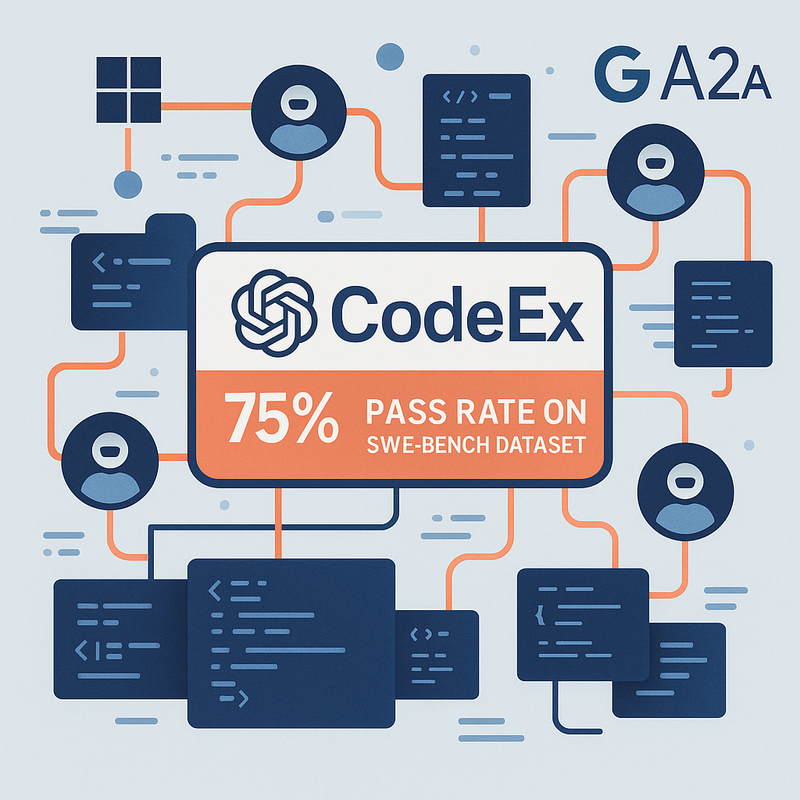
The software development landscape is undergoing a radical shift, driven by the emergence of autonomous coding agents and AI-powered IDEs. OpenAI's launch of CodeEx, a software development agent now integrated within ChatGPT for Pro, Team, and Enterprise users, marks a significant step towards fully autonomous coding workflows. Unlike basic coding assistants, CodeEx functions as a full-stack engineer, capable of building features, fixing bugs, and conducting tests within a secure, cloud-based sandbox (OpenAI, 2025). With a reported 75% pass rate on the SWE-bench dataset, CodeEx is not merely generating code snippets; it's managing entire development tasks with minimal human intervention (OpenAI, 2025).
Microsoft's support for Google's Agent-to-Agent (A2A) standard further accelerates this trend, fostering communication between AI agents across platforms and promoting interoperability (Microsoft, 2025). As Microsoft stated, "Agents shouldn’t be islands," highlighting the importance of open protocols for collaborative AI ecosystems. This shift towards "AI-first" codebases necessitates a re-evaluation of developer workflows, with a growing emphasis on AI readability and modular architectures. As Greg Brockman, OpenAI co-founder, noted, codebases should be optimised for what AI is good at, implying significant changes to coding practices and potentially even programming languages.

As AI adoption scales, operational efficiency becomes paramount. Google DeepMind's Alpha Evolve represents a breakthrough in algorithm discovery and optimisation, demonstrating AI's ability to surpass human-designed algorithms in both performance and energy efficiency. Alpha Evolve discovered an algorithm to multiply 4x4 complex matrices using only 48 multiplications, solving a problem that had remained open for 56 years (DeepMind, 2025). Similarly, Alibaba's "Zero Search" training method reduces the reliance on costly real search engines during LLM training, achieving an 88% reduction in training costs (Alibaba, 2025). Salesforce’s X-Gen Small addresses enterprise AI scaling issues by developing a compact yet high-performing LLM capable of processing long documents with internal context memory, cutting inference costs (Salesforce, 2025).
These developments signal a shift from infrastructure concerns to practical implementation, with businesses now focusing on optimising existing resources and workflows through AI-powered automation. For example, Alpha Evolve’s optimisations have been integrated into Google’s TPUs, regaining 0.7% of fleet-wide compute resources (DeepMind, 2025). These gains translate directly into reduced operational costs and improved resource utilisation, enabling organisations to scale AI implementations without significant hardware investments.
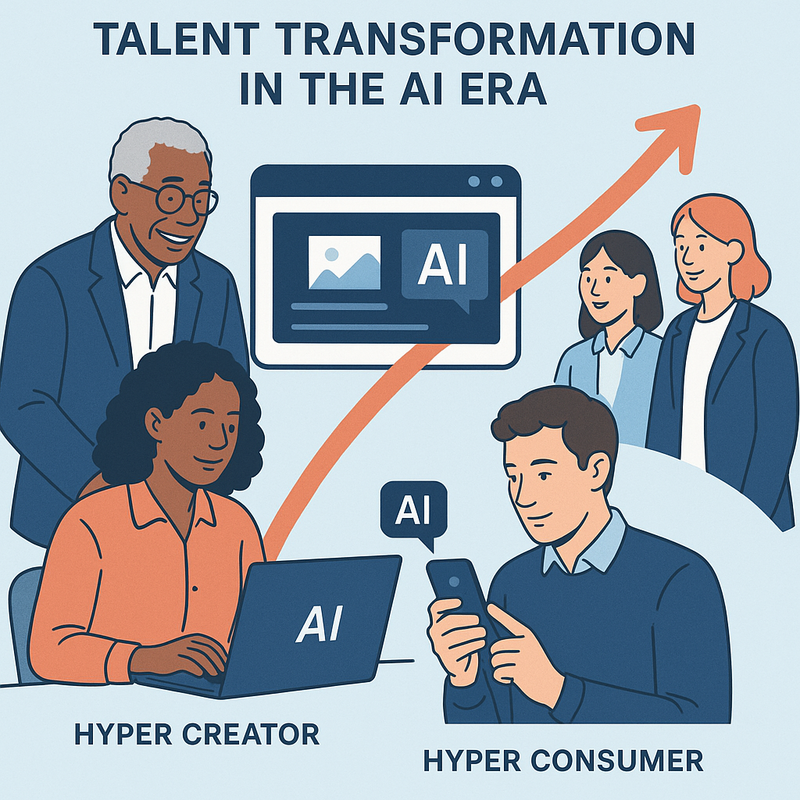
The rise of AI is not only transforming business processes but also fundamentally altering the talent landscape. As Microsoft's recent layoffs demonstrate, even high-skill roles are susceptible to AI-driven automation, necessitating a strategic approach to workforce planning and skills development. Moreover, the "creation vs. consumption trap" highlights the importance of cultivating high-agency creators who can effectively leverage AI tools to drive innovation and productivity (AI Daily Brief, 2025). As Dan Murray-Serter notes, "AI is going to make you either a hyper consumer or a hyper creator," underscoring the need to empower employees to become active participants in the AI revolution.
The generational divide in AI usage presents another critical challenge. Younger users often treat AI as an operating system, seamlessly integrating it into their daily lives, while older users tend to view it as a mere Google replacement (Altman, 2025). This disparity necessitates a tailored approach to AI training and tool design, catering to both novice and power users and bridging the skills gap across generations.

As AI systems become more pervasive, ethical governance and corporate responsibility are no longer optional but essential. The EU's AI Liability Directive mandates strict liability for AI-induced harm, requiring organisations to disclose training data sources and decision-making logic for high-risk systems (European Commission, 2025). OpenAI's launch of the "GlassBox" transparency initiative sets a new standard for model explainability, allowing users to audit outputs for bias or inaccuracies (OpenAI, 2025). These developments underscore the importance of developing clear AI usage policies and ethical frameworks that promote fairness, transparency, and accountability.
Saudi Arabia's $40 billion AI ethics fund further emphasises the growing geopolitical focus on responsible AI, signaling a commitment to balancing innovation with societal stability (Financial Times, 2025). Navigating the complex and evolving landscape of AI regulations requires a proactive approach, with organisations investing in bias detection and mitigation strategies to ensure ethical and compliant AI adoption.
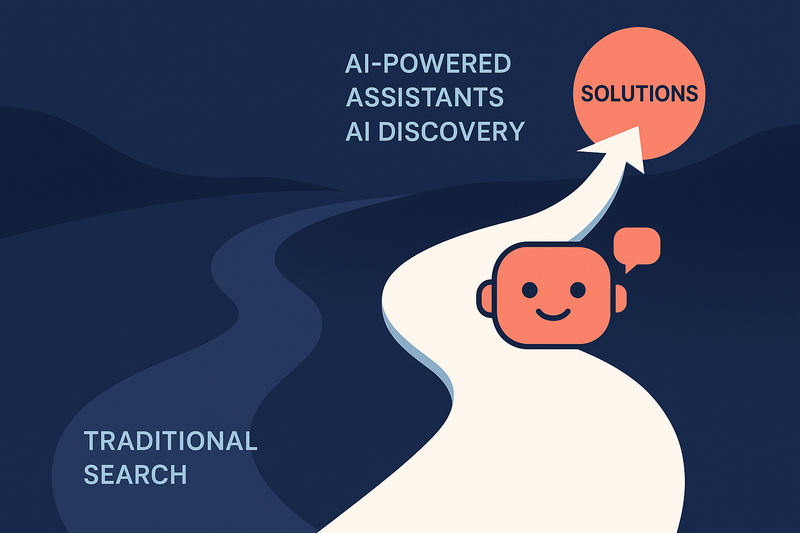
The traditional search engine model is rapidly evolving, driven by the rise of AI-powered assistants and the increasing demand for task-based, personalised information retrieval. Apple's potential shift away from Google Search signals a fundamental disruption in the market, with the company exploring integrations with AI-native search engines like ChatGPT, Perplexity, and Anthropic (AI Daily Brief, 2025). As Eddy Cue, Apple executive, noted, traditional search is declining, reflecting a shift towards AI-driven alternatives.
This transformation necessitates a rethinking of online marketing strategies and content creation, with a growing emphasis on optimising for AI discovery rather than traditional search engines. As AI assistants become more sophisticated, users will increasingly rely on them to provide direct answers and complete tasks, rather than simply clicking through a list of links. This shift requires businesses to adapt to a world where users are looking for solutions, not just information, and to explore new ways to connect with customers through AI-powered channels.
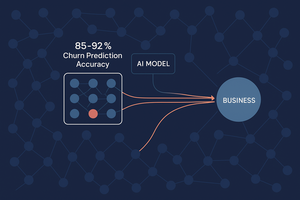
The artificial intelligence landscape in late 2025 presents a complex picture of immense opportunity tempered by significant operational challenges....
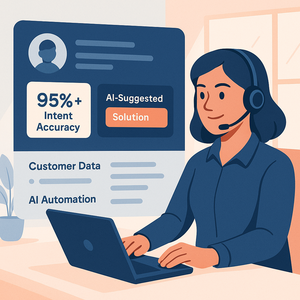
The discourse surrounding artificial intelligence is maturing. Across boardrooms and operational teams, the conversation has decisively shifted from...
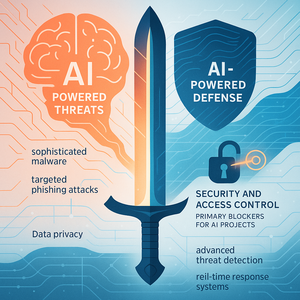
The artificial intelligence landscape is no longer a distant frontier; it's rapidly reshaping the present, demanding a strategic response from...